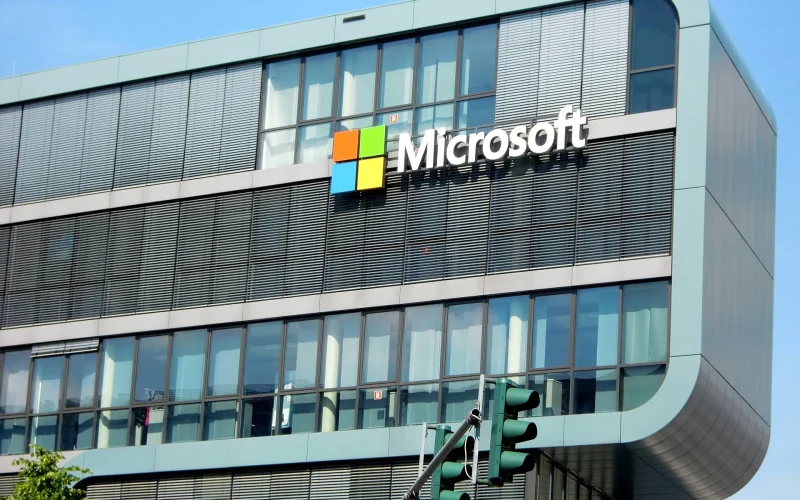Microsoft has entered into a multi-year agreement with US-based forest investment and management firm EFM to secure access to up to three million nature-based carbon removal credits, including a direct offtake and a fund investment.
The deal includes a contract for the delivery of up to 700,000 credits by 2035 from a recently acquired 68,000-acre property in Washington State’s Olympic Peninsula, which EFM is transitioning to climate-smart forest management practices.
In addition, Microsoft’s Climate Innovation Fund (CIF) has invested in EFM’s Fund IV, which targets $300 million in capital to support climate-smart forestry initiatives across the United States. This marks CIF’s first forestry-related investment in the country and is expected to unlock up to 2.3 million more carbon credits over time.
“Microsoft’s support marks a pivotal step in accelerating support for high-quality improved forest management projects,” said Bettina von Hagen, CEO of EFM. “Their leadership sets a strong precedent for the carbon market and reinforces the importance of natural forests as a scalable natural climate solution in the U.S.”
Brian Marrs, Senior Director of Energy & Carbon Removal at Microsoft, said: “Microsoft recognises the important role of high-quality, nature-based solutions in meeting our Carbon Negative by 2030 goals. Our collaboration with EFM is a significant step towards unlocking the value of the latest scientific advancements in improved forest management as a carbon removal pathway. We are proud to contribute to climate-smart forest management in Microsoft’s own backyard on the Olympic Peninsula.”
EFM Fund IV’s strategy includes diversifying income from forest assets through carbon credits, conservation easements, and conventional forest products. The fund will initially focus on acquiring properties in the western United States, with plans to expand to other domestic markets where sustainable forestry could deliver both environmental and financial benefits.
The agreement with Microsoft is seen as a signal of growing confidence in Improved Forest Management (IFM) carbon projects, which are based on sustainable forestry techniques designed to maintain or enhance forest carbon stocks. These include lengthening tree rotation cycles, reducing the impact of logging, and promoting selective harvesting.
Recent innovations, including the use of dynamic baselines, have enhanced the credibility of IFM projects. EFM has committed to adopting conservative assumptions in its baseline scenarios to ensure the environmental integrity of the carbon credits it generates.
Microsoft is expected to publish further details about its IFM strategy on its Microsoft Carbon Dioxide Removal (MSCDR) platform.





















